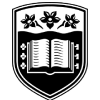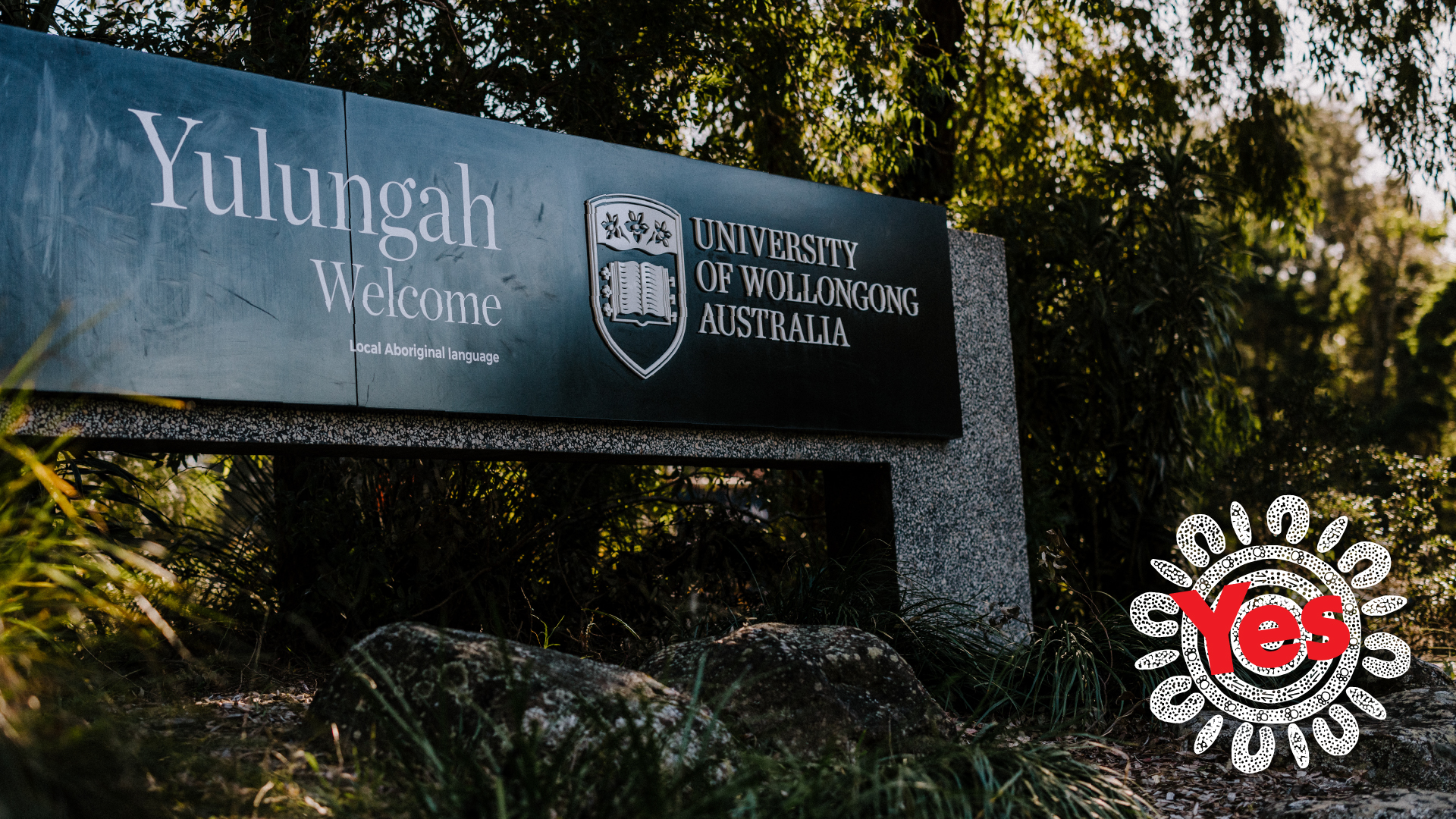Northfields Ave Wollongong, NSW 2522 Australia
Career Counselling

The University of Wollongong is a highly ranked research university located in New South Wales, Australia. With over 33,000 students in Australia and abroad, with over 70% of them undergraduates, its campuses are both global and vibrant.
UOW has 13 campuses: the main location is in the city of Wollongong; over 60% of all the students study at the picturesque primary campus. Other highlights include four regional campuses in New South Wales, to increase the reach of the University, and three campuses in various parts of Sydney, Australia’s larges...
| Establishment year | 1951 (University status in 1975) |
| Total Students | 33,044 |
| International Students | 16,304 (2020) |
| QS World University Rankings 2024 | 162 |
| Campus Size | N/A |
| Total Number of Campuses | 2 in Wollongong + 4 Regional Campuses in NSW + 3 in Sydney + 4 International (Dubai, HK, China, Malaysia) |
| University Website | https://www.uow.edu.au/ |
| No. of Schools and Divisions | 4 Faculties (Arts, Social Sciences and Humanities, Business and Law, Engineering and Information Sciences, Science, Medicine and Health), with 20 Schools within |
| Nobel Prize Winner Alumni | 0 |
| No. of Education Programs | 228 (undergraduate), 123 (postgraduate) |
| Student to Faculty ratio | 31:1 |
University of Wollongong offers undergraduate and postgraduate courses through 4 Faculties, which are further subdivided into 20 Schools.
The university is also home to several Research Institutes, including the Australian National Centre for Ocean Resources and Security, Molecular Horizons, and the Illawarra Health and Medical Research Institute.
Domestic applicants to undergraduate courses at UOW can either submit their Australian Tertiary Admission Rank (ATAR) or their IBDP scores, towards fulfilment of academic criteria. The ATAR can be adjusted according to any relevant factors (e.g. social disadvantages) to increase the chances of admission. Individual course pages should be checked for any additional requirements or criteria.
International undergraduate applicants to UOW can check the academic minimum requirements for their program of interest using the Course Finder tool: this also has details on any other submissions (e.g. a portfolio or subject marks) required. English proficiency can be proven by submitting scores from any prominent international English language test like the TOEFL, IELTS, PTE, or Cambridge tests.
The eligibility criteria for international postgraduate applicants are similar to those for UG applicants, in that English proficiency test scores and course-specific requirements need to be met. These candidates will also need to submit transcripts and final degree certificates for a recognised undergraduate degree.
Domestic postgraduate applicants must satisfy requirements that vary by course: for example, the MBA degree requires a detailed CV, and work experience is preferred.
Domestic applicants to UG courses who are in their final year of high school should apply through the Universities Admissions Centre (UAC) portal. This is a straightforward process: candidates are informed via email of their acceptance or rejection.
Domestic postgraduate applicants apply directly to UOW, unlike UG applicants, who must apply through UAC. It is important, specifically for these candidates, to check the deadlines and requirements for applications.
International applicants - whether to undergraduate or postgraduate courses - should follow these steps while applying to the University:
Undergraduate domestic students at UOW have up to 75% of their tuition fees subsidised by the Australian Government under the Commonwealth Supported Place (CSP) scheme; instead of a full fee, each domestic UG student pays only a student contribution fee. The magnitude of this fee in CSPs is one of these amounts: $4,124 (for programs like Agriculture, English, and Statistics), $8,301 (for programs like Psychology and Visual and Performing Arts), $11,800 (for programs like Medicine and Dentistry), and $15,142 (for programs like Law and Economics).
Most postgraduate domestic students pay full Domestic Tuition Fees for their courses. Certain courses may offer CSPs to students who meet equity criteria. PG domestic students who pay full fees usually incur tuition costs that are in line with those for international students.
Tuition fees for undergraduate and postgraduate international students vary by course, and the university creates a booklet every year with course-wise data. Fees range from $27,936 per year for the Bachelor of Arts course to $39,456 per year for the Bachelor of Engineering (Honours) course. Postgraduate fees are usually within 10% of UG fees in the same department; even the MBA degree has annual fees of $30,708, which is substantially lower than similar course fees in the other top universities of Australia.
In addition to tuition fees, the University also charges a Student Services and Amenities Fee, capped at a maximum of $326 for 2023.
International students must also buy insurance, through the Overseas Student Health Cover (OSHC) scheme. This comes to $639 for one student for a year.
The cost of living, that all students have to budget for, is substantially lower in Wollongong than in other top Australian universities that are located in larger cities: the University estimates that accommodation costs are 40% lower in Wollongong than in central Sydney. Therefore, the yearly expenditure on accommodation, food, travel, and personal expenses is likely to total $20,000 on average.

The University of Wollongong's main campus is located in the city of Wollongong: Used by over 25,000 students, this is the main academic and research centre of the University, with health, medical, and infrastructure research centres, extensive sports and library facilities, and a picturesque location in the Australian Bush. The second campus within Wollongong is the cutting-edge Innovation Campus.
UOW has four regional campuses within the state of New South Wales: Shoalhaven, Southern Highlands, Batemans Bay, and Bega. These are primarily attended by students who want a world class university education without travelling far from home. The University also has three campuses in Sydney: Southern, South Western, and CBD.
The University has an international campus footprint as well, with locations in Dubai, Malaysia, Hong Kong, and a Joint Institute in China, in partnership with the Central China Normal University.
UniActive is UOW's sports and fitness hub: It provides access through several membership plans to an Olympic size swimming pool with swim training, to two well equipped world class gyms, and to indoor and outdoor sporting facilities for all major sports played at the University level worldwide. It aims to welcome members at all ends of the sports skill spectrum: from enthusiastic beginners to elite athletes. The UniActive app is the online hub that helps students and staff members access useful nutrition and activity advice, and to find and sign up for memberships related to their area of interest.

UOW Sport organises sporting activities at four levels: starting at the Social Sport level, where students sign up for group sport and exercise classes to stay active and connected with others with similar interests. UOW Sports Clubs make up 30% of the 120+ clubs on campus, and are a great way to work on and improve athletic skills. The UniSport Nationals program allows skilled athletes to represent UOW in inter-varsity sporting competitions against the best universities in Australia. Finally, the Elite Athlete Program attracts highly skilled world class athletes to UOW by helping them balance academics and sports and by offering sports scholarships.
Careers Central supports all UOW students and recent graduates in learning about, setting career targets and goals, and achieving those targets. The first step is helping junior UOW students gain clarity about their career paths, through workshops, the CareerSmart online tool, and self-assessment resources. Students can also book in person Career Chats with qualified experts. To gain relevant industry experience, students can benefit from approved internship programs, take up industry defined problems through the Work Integrated Learning subjects, and use the UOW JobBoard to find part time employment. Finally, Career Coaches get senior students ready, from a resume and interview skills point of view, to get their dream job. The JobBoard is used to apply to certain full time jobs as well.
The University of Wollongong offers scholarships to both disadvantaged and meritorious (in the fields of academic achievement, leadership, sport, and community engagement) students, domestic and international, undergraduate and postgraduate.
Domestic students at UOW can access 46+ scholarships and grants to help fund their studies. The flagship Vice Chancellor's Elite Academic Scholarship awards $10,000 per year to one domestic undergraduate student from each Faculty, and is given based on academic excellence. The Transforming Futures Scholarships are awarded to students with a wide range of financial and other disadvantages, and involve an award of $3,000 per year, funded by alumni and staff donations.
Of the scholarships available to international students, the prominent University of Wollongong Diplomat Scholarship entails a 30% tuition fee waiver for overseas undergraduates. There is no separate application; all international applicants are considered based on excellence in their Grade 12 results. There is no limit to the number of scholarships offered annually. There are also Faculty specific and country specific scholarships available: for example, the Faculty of Science, Medicine, and Health offers an International Scholarship with 50% of the tuition fee waived, for students specifically from four Indian high schools.
